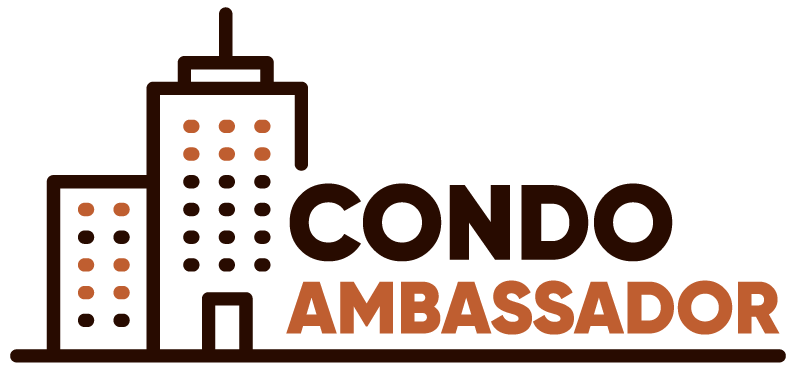Know your Unit Boundaries: Understanding Your Rights and Responsibilities in a Condominium Community
Living in a condominium comes with unique perks and responsibilities. To maintain harmony in your condo community, it’s essential to understand the boundaries between your private unit and shared common areas. These divisions impact everything from decorating your door to managing condo maintenance fees. By reviewing your condo’s declaration and respecting community rules, you can enjoy a smooth and balanced living experience while contributing to a pleasant environment for everyone. Discover how understanding your space can help you make the most of condo living!
Read More






